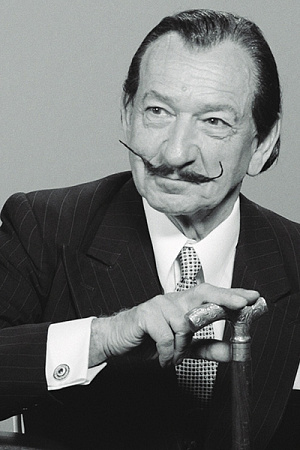A Quiet Passion ★★★1/2
An account of the life of Emily Dickinson can, like that of a saint, be reduced to its elements of spiritual and physical suffering. She was acutely sensitive, frequently ill, and when she died she left behind thousands of unpublished poems. It would be easy to portray her as a heavenly creature, temporarily descended upon nineteenth-century Amherst, Massachusetts from a more empyreal realm. Immortality, after all, was one of her major poetic themes. A Quiet Passion, Terence Davies’s new film about Dickinson’s life, doesn’t stint on her struggles, but it does give us a woman who was also clever, passionate and stubborn.
The film’s short prelude sketches the Dickinson siblings in their adolescence. Emily, her sister Lavinia, and her brother Austin are educated, exuberant and ready to match wits with their elders. In one scene they banter over tea with a disapproving aunt, and for a moment it seems that the film will be, of all things, a comedy of manners. But while the siblings’ verbal sparring carries on into adulthood, their high spirits do not. The adult Austin, in particular, played by Duncan Duff, exudes a melancholy at odds with the film’s opening, and which the script leaves unexplained.
Continue reading for only $10 per month. Subscribe and gain full access to Australian Book Review. Already a subscriber? Sign in. If you need assistance, feel free to contact us.










Leave a comment
If you are an ABR subscriber, you will need to sign in to post a comment.
If you have forgotten your sign in details, or if you receive an error message when trying to submit your comment, please email your comment (and the name of the article to which it relates) to ABR Comments. We will review your comment and, subject to approval, we will post it under your name.
Please note that all comments must be approved by ABR and comply with our Terms & Conditions.